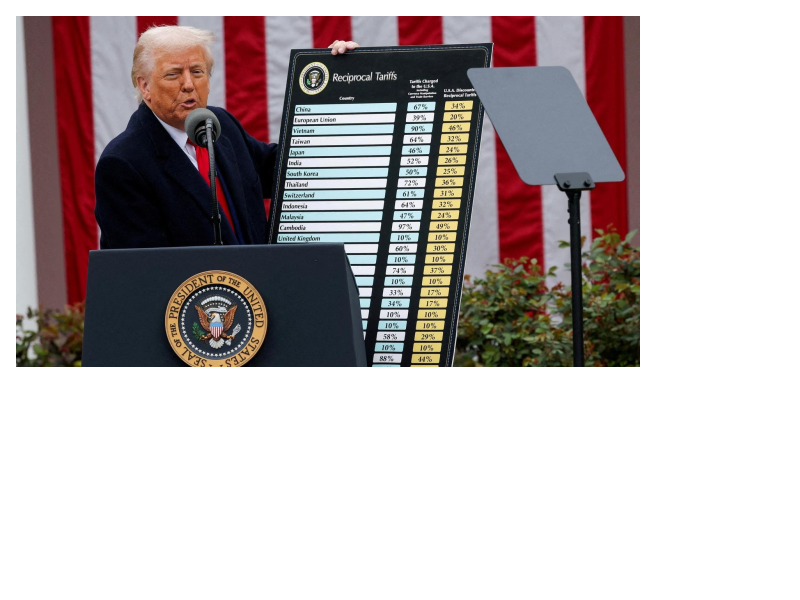American Samoa, Guam, North Mariana Islands, Puerto Rico, and the U.S. Virgin Islands. These five islands, rarely thought about by the American public, are all categorized as U.S. Territories. As territories, they hold no consequential offices in the government, yet pay taxes and vote for presidents without true representation; they rely on the “Stateside” government and economy to support them, without much backing of their own.
Today, D.C is the only stateside American territory. Although rumors float around about making D.C a state, they are represented in government and incorporated normally through the economy. The American Government must address real problems with the people of the territories by creating new amendments and reforms that would include them, rather than treating them as new age colonies.
The territory status or state status of the aforementioned islands is of no consequence to the general public of the U.S. The territories are vital ports for goods and residents pay taxes like any other U.S. citizens, but they face unmatched problems, and the government does little to help.
In many of these islands, the price of goods is unmatched. In St. Croix of the U.S. Virgin Islands, a box of cereal is approximately 15$, and a single can of spray sunscreen floats in the 20$ to 30$ range. Not to mention, gas prices are extremely high compared to the 3$ average throughout the U.S. (almost reaching California-level prices). Additionally, many of these islands have lost a high percentage of their population due to the U.S.’ problems with other countries, removing businesses and large companies that would otherwise do business with the territory. Furthermore, the territories face more natural disasters than most of the stateside U.S. Nevertheless, they receive less coverage than most states in news systems. Further, they receive less overall federal aid after disasters occur.
Last but not least, none of these territories have real representatives in the government. At the federal level, each territory votes for a non-voting delegate in the House, and nothing in the senate. These delegates then petition House Representatives from the states to fight for their cause, which often results in little to no change. Furthermore, citizens of the islands have full voting rights, but no electoral college votes, essentially contributing to little but the popular vote in the Presidential race. This, again, removes them from being able to vote for a candidate who could make changes they need.
Of course, because of their lack of statehood, these territories do not pay federal taxes. Nevertheless, many of them, the loudest of which being Puerto Rico, have expressed their willingness to pay these taxes in exchange for the label of state. This would open a multitude of opportunities for the islands, allowing support for their economies, their people, and their land and housing.
While there aren’t many difficulties in making these territories states, some may argue that the changes to Congress and the electoral college would cause problems. Still, the challenges are outweighed by the benefits of granting statehood. These changes would not take very long, and if done at the beginning of President Elect Trump’s presidency, there would be enough time to make changes without affecting the House or Senate. Furthermore, the territories would not require many representatives, as they have minimal population for the aforementioned reasons.
Making these territories states would also benefit the stateside American public; allowing these newfound states to trade within each other, support the east coast and west coast states that face similar natural disasters, and allow stateside citizens to move to these places with less hoops to jump through, will help create amicable trust with our water bound territories.











